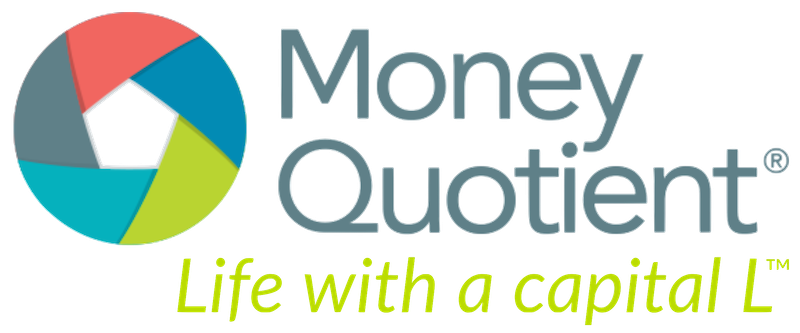If personal values are so crucial to our individual identity, decision-making, and overall satisfaction in life, why do many of us struggle to identify our core values? Moreover, why do we find it challenging to help our clients identify their values as well? In my previous article, I explored one layer of what makes values […]
Client Behavior
Why Positive Encouragement Often Fails
Have you experienced working with a client who has dragged their feet, procrastinated, or downright refused to make a change? Do they continue to ignore the issue despite the endless list of significant and legitimate reasons you’ve provided for why this change would be in their best interest? You already know that you’re not alone […]
Advice Kills Conversation
Marty Kurtz, a financial planner for nearly four decades, past Financial Planning Association president, and long-time mentor of mine, has been known to say, “Advice kills conversation.” This statement initially shocks financial planners and elicits an instant “deer in the headlights” response, followed seconds later by the squinted eyes and pursed lips of deeper thinking, […]
6 Steps to Changing Your Client’s Instinctual Responses
Working to make positive changes in our lives can be challenging for so many reasons. Despite our best efforts, our bodies and brains can work against our efforts to modify our habits or behaviors, often leading us to fall short of our goals. Without a better understanding of what is occurring emotionally and neurologically, these […]
When Saying “Stop It!” Doesn’t Work
Recognizing instinctual, subconscious, and engrained habits or responses is a challenging, but important, first step on the path to modifying one’s behavior for more desired outcomes. A person cannot consciously choose to change a behavior unless they become aware of 1) what they are doing, and 2) how and/or why it was formed in the […]
I Mean, Really, What is Risk Tolerance Anyway?
Since the dawn of time (well, that might be a tad exaggerative), financial advisors have been trying to devise ways to mathematically calculate and predict the very subjective and complex matter of their clients’ risk tolerance. Even the supposedly “objective” side of risk tolerance, also known as “risk capacity” (how much loss can a client […]
